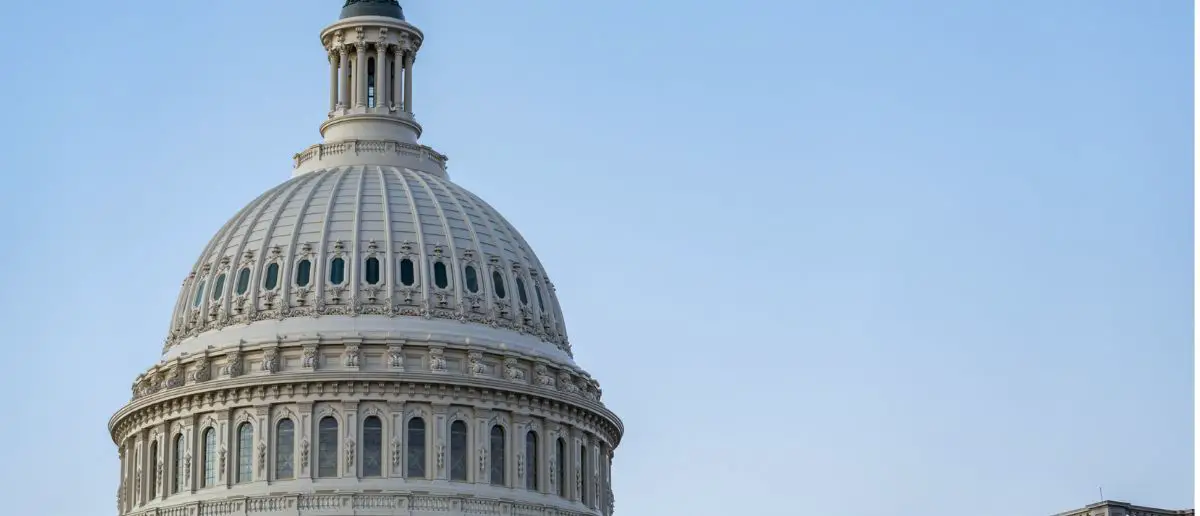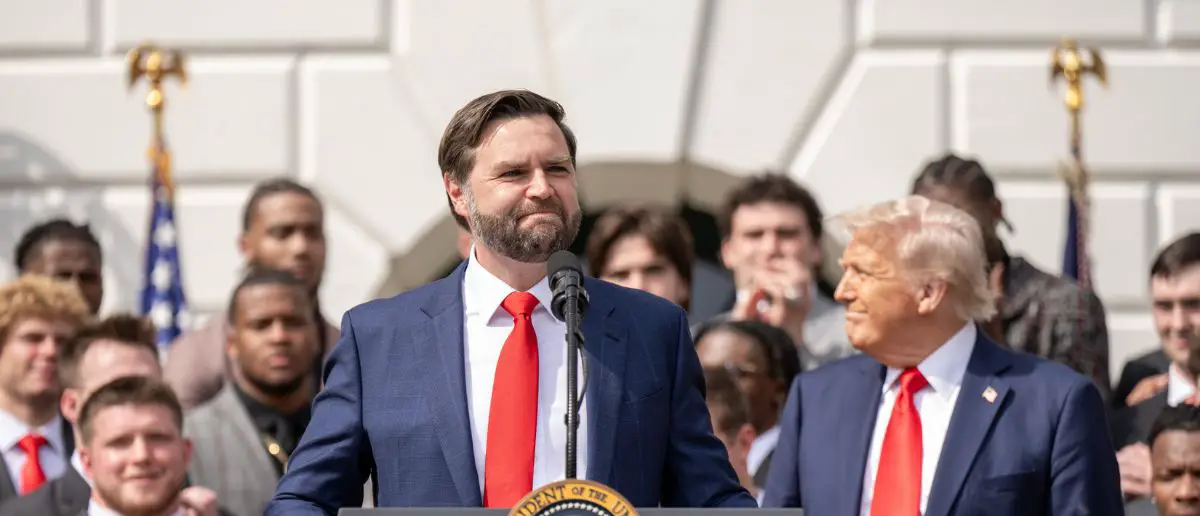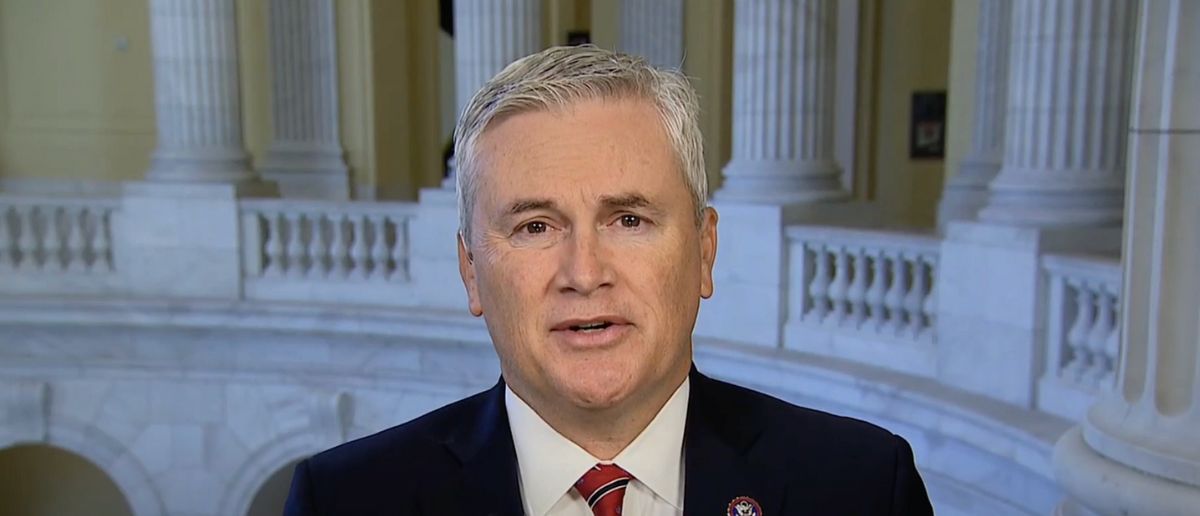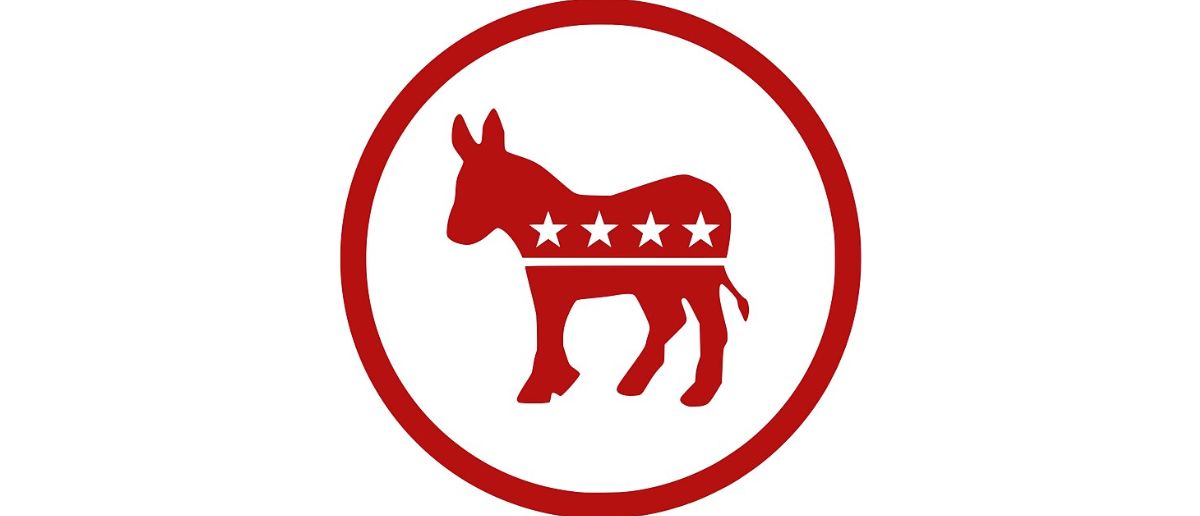President Trump just shared four words with reporters that’s left jaws on the floor
Donald Trump has always been one to bet on himself. But now he’s doubling down.
Because Trump’s shared four words with reporters that has left everyone stunned.
Trump Targets Balanced Budget in Second Term
President Donald Trump announced on Wednesday that his second term offers a genuine chance to achieve a balanced federal budget, a feat not accomplished by any president since Calvin Coolidge. Speaking with reporters, Trump highlighted his administration’s progress, citing $106 billion in tariff revenue, streamlined government operations following Supreme Court decisions on federal employment, and ongoing rescission packages. “I have a real shot,” he said, emphasizing the potential to stabilize the nation’s finances.
Trump pointed to significant financial inflows, including a $25 billion surplus recorded last month. He noted that current tariffs, primarily on automobiles, car parts, aluminum, and steel, are just the beginning. “We’re taking in tremendous amounts of money. You saw that we had a $25 billion surplus last month. And the tariffs haven’t really started by comparison to what they will be,” he told the program during a comprehensive interview aired Wednesday evening.
Starting August 1, tariffs will expand to cover additional foreign goods, potentially boosting revenue further. Trump suggested this could pave the way for an alternative to the Internal Revenue Service (IRS). “We could use the External Revenue Service, and we wouldn’t even need the Internal Revenue Service. But the money is very substantial. It’s hundreds of billions of dollars,” he stated, projecting tariff revenue could reach $300 billion by year’s end.
The administration’s tariff strategy has prompted international response, with several nations initiating negotiations. Trump explained that letters sent to foreign governments outline escalating tariff rates effective August 1. “We’re not going to be ripped off by every country in the world, both friend and foe, anymore, and they know that. And they’re all calling, you know, I sent out letters,” he said. These letters detail tariff increases, which, if implemented, will boost Treasury revenue. Alternatively, successful negotiations could lower costs for American consumers and strengthen trade ties.
This approach creates a dual benefit: higher tariffs generate revenue, while trade deals foster economic growth. “That is the deal — a letter, I made deals. The best deals are the letters. You just send them out saying, congratulations, you’re paying 25, 30, 40%, we have one at 50% and that’s better than the deal, because any deal sort of comes down from there,” Trump remarked.
For African nations, Trump advocated for individualized trade agreements rather than a bloc-wide approach. “You have a lot of countries. Don’t forget, we’re talking about 15 majors, and then you start getting into the medium size,” he said. Globally, he proposed a uniform tariff rate of 10 to 15% for approximately 150 smaller economies to simplify trade policy.
Following a recent trade agreement with Indonesia, Trump expressed optimism about potential deals with India and the European Union. Regarding Canada, he remained cautious, stating it was “too soon to say” whether an agreement was imminent.
In a lighter moment, Trump referenced Home Depot co-founder Kenneth Langone’s evolving stance on his policies. Previously critical, Langone recently praised Trump on CNBC’s Squawk Box, saying, “Look, let me tell you right now, I am sold on Trump. In fact, I’ll say this: I think he’s got a good shot at going down in history as one of our best presidents ever.” When co-host Joe Kernan noted Langone’s shift, he responded, “I told you the reason. I want to tell you, I’m a believer. What I’m seeing happening is absolutely nothing short of a great thing.”
Historical Context and Significance of Budget Balancing
Balancing the federal budget has been a rare achievement since Calvin Coolidge’s presidency (1923–1929), when the U.S. last consistently ran surpluses. Coolidge’s era benefited from post-World War I economic growth and limited federal spending, with surpluses recorded in each of his six budgets. Since then, only a handful of administrations have achieved even a single balanced budget. Harry Truman (1947–1949) and Dwight Eisenhower (1956–1957, 1960) managed surpluses in select years, driven by post-war economic booms and fiscal restraint. Bill Clinton’s administration (1998–2001) also recorded surpluses, aided by the dot-com boom and bipartisan budget agreements.
Since 2001, however, deficits have become the norm, with federal spending outpacing revenue due to wars, tax cuts, economic crises, and expanding entitlement programs. George W. Bush, Barack Obama, and Trump’s first term saw persistent deficits, with the national debt rising from $5.8 trillion in 2001 to over $33 trillion by 2025. The Congressional Budget Office (CBO) notes that deficits averaged 4.9% of GDP from 2000 to 2020, compared to 1.5% during the surplus years of the late 1990s.
Trump’s ambition to balance the budget would mark a historic shift. His strategy hinges on tariff revenue, government downsizing, and spending cuts via rescission packages. The $106 billion in tariffs already collected, with projections of $300 billion by year’s end, could offset significant portions of the $1.9 trillion deficit projected for 2025 by the CBO. Supreme Court rulings easing federal layoffs enable workforce reductions, potentially saving billions annually, while rescissions target discretionary spending.
Achieving a balanced budget could cement Trump’s legacy as a transformative economic leader. Historically, presidents who reduced deficits or achieved surpluses—such as Clinton—gained lasting recognition for fiscal discipline. For Trump, this would counter critics who pointed to rising deficits during his first term, when the 2020 pandemic drove spending to unprecedented levels. A balanced budget could also bolster his movement’s emphasis on economic nationalism, reinforcing tariffs as a tool for both revenue and leverage in global trade.
The impact on Trump’s political movement could be profound. A balanced budget would validate his America First agenda, appealing to voters frustrated with decades of fiscal irresponsibility. It could galvanize support for his trade policies, which prioritize domestic industry and reduce reliance on foreign goods. By demonstrating tangible economic results, Trump’s approach might inspire future leaders to adopt similar strategies, ensuring his influence endures beyond his presidency.
However, challenges remain. Tariffs, while lucrative, risk raising consumer prices if not paired with trade deals that lower import costs. Negotiations with major economies like the EU and India are complex, and failure to secure favorable terms could limit revenue gains. Additionally, entitlement programs like Social Security and Medicare, which dominate federal spending, remain politically sensitive and difficult to reform. The CBO projects these programs will drive deficits higher in the coming decades, complicating long-term fiscal balance.
If successful, Trump’s budget-balancing effort could redefine his presidency and movement. By achieving what only Coolidge consistently accomplished in the modern era, he would establish a legacy of economic discipline and strategic trade policy. This could position his America First platform as a blueprint for future administrations, reshaping U.S. fiscal and global economic policy for generations.












